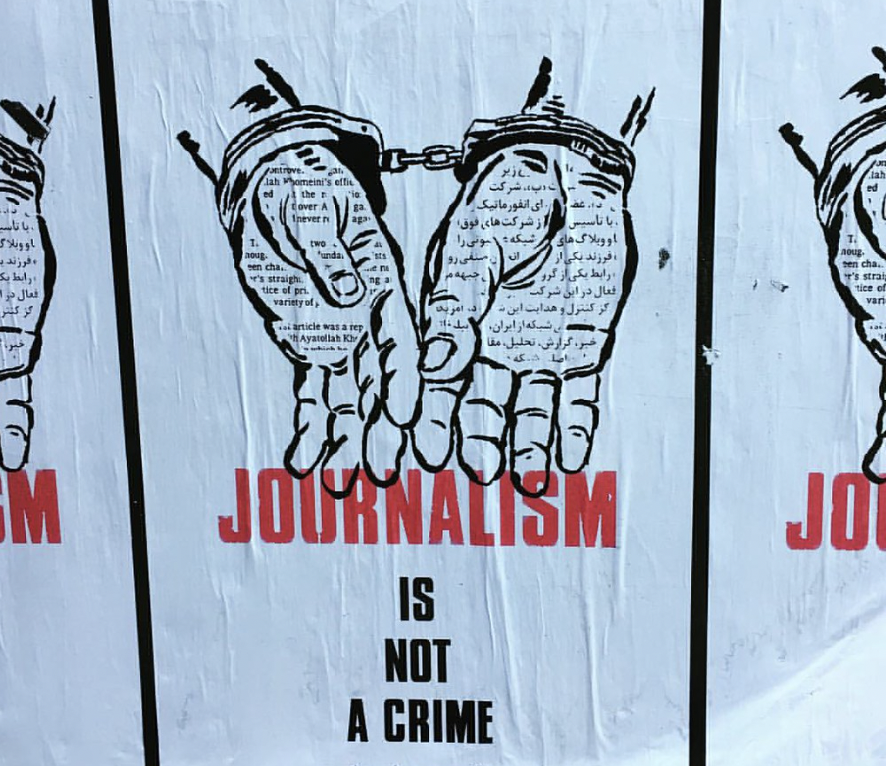The members of the International Press Institute (IPI), meeting at their 72nd annual General Assembly during the IPI World Congress on May 25, 2023 in Vienna, Austria, adopted by unanimous vote a resolution calling on state and non-state actors to cease the weaponization of law to target journalists and to respect human rights principles and frameworks safeguarding media freedom.
Governments around the world are increasingly enacting and deploying restrictive laws to target and punish critical journalism and reporting. This includes the use of draconian criminal laws — such as sedition and defamation laws, anti-terrorism legislation, cybersecurity laws, and so-called “fake news” laws — as well as vexatious lawsuits against the media in the form of SLAPPs.
Authorities in many countries have also resorted to the use of financial and tax laws to target journalists, including in India, El Salvador, and the Philippines.
Governments are deploying these tactics as a way to target specific journalists for their critical reporting and to burden journalists and media outlets with excessive, complex, and costly legal battles, which is punitive for journalists and media outlets involved and has a chilling effect on the broader media environment. Private actors are now taking advantage of these laws to target journalists and media organizations while undermining press freedom and freedom of speech.
The IPI global network expresses alarm over the increase in so-called “lawfare” by state and non-state actors which undermines domestic protections for press freedom and threatens the foundations of international human rights principles and frameworks.
We emphasize that under international law states have a positive obligation to protect the fundamental rights to freedom of expression and information — the full exercise of which are necessary in order for journalists to carry out their work freely, safely, and independently. Any interference with these rights should be prescribed by law and must be necessary, legitimate, and for a narrowly defined purpose.
The ability of journalists to report on matters of public interest is essential to free, open, and democratic societies. We call on governments around the world to cease the weaponization of law as a tactic for punishing critical journalism and that limits the free flow of ideas and information. We also urge all states to uphold their commitments to human rights principles and frameworks safeguarding freedom of expression — a universal right that is applicable to all, regardless of frontiers.
